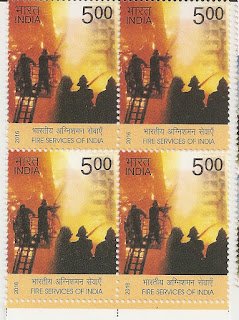Coal Miners Day is an annual observance that honors the contributions of coal miners and recognizes the challenges they face in their profession. This day is celebrated on May 4th each year, and it serves as an opportunity to show gratitude and appreciation for the hard work and dedication of coal miners all over the world.
Coal mining has a long and complex history, and the industry has played a crucial role in the economic development of many countries. Despite advances in technology and safety practices, coal mining remains a dangerous and physically demanding profession, and coal miners face numerous health and safety risks while working in the mines.
Coal Miners Day is a time to remember the sacrifices made by coal miners throughout history, including those who lost their lives or were injured on the job. It is also a chance to recognize the contributions of coal miners to the global economy, as well as their efforts to provide a reliable and affordable source of energy for communities around the world.
In addition to recognizing the contributions of coal miners, Coal Miners Day is also an opportunity to raise awareness of the challenges and risks associated with coal mining. Many organizations use this day to advocate for improved safety regulations, better working conditions, and support for the families of coal miners.









